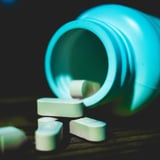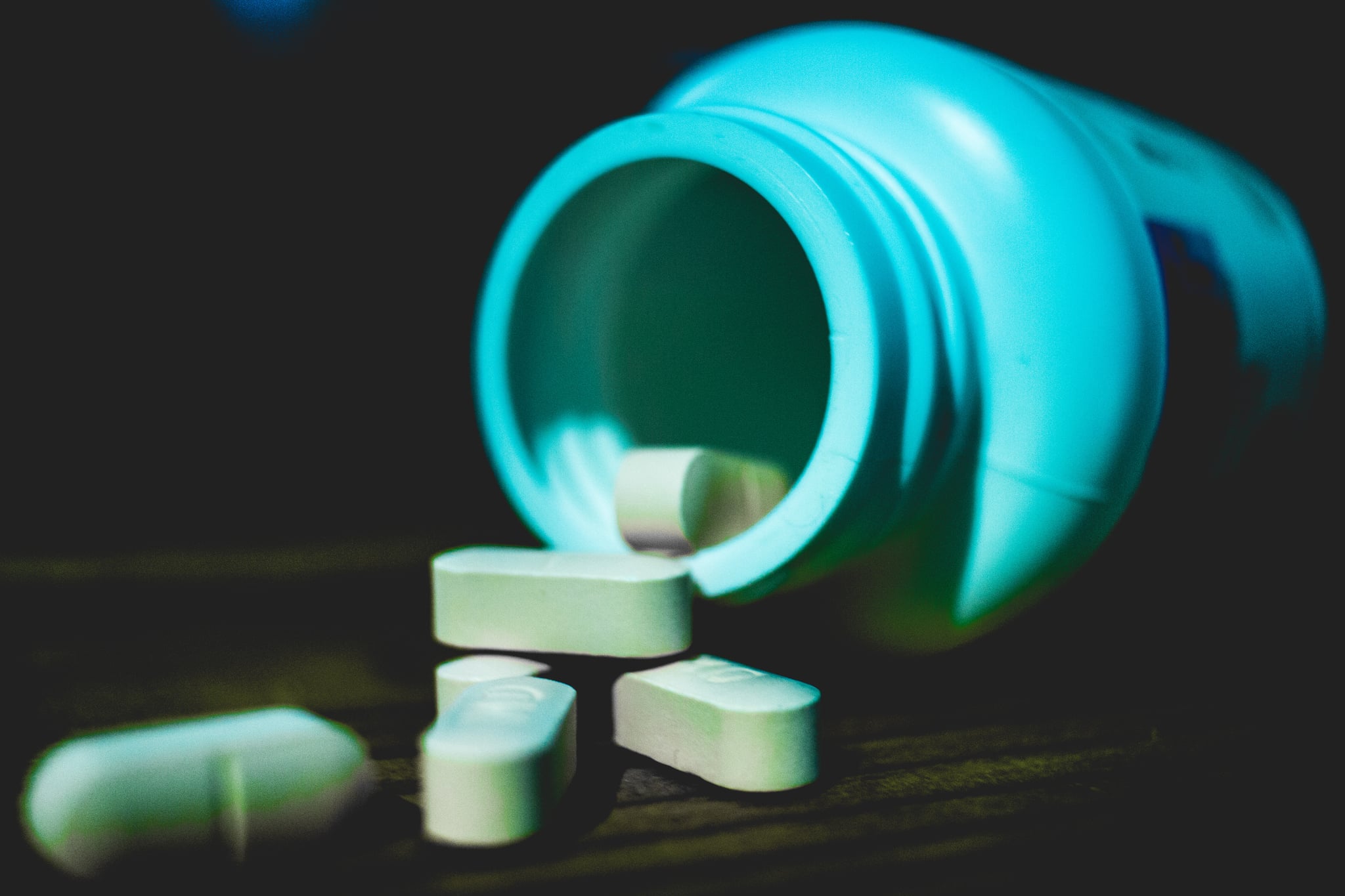

Zinc is great for us in many ways, and we can get a dose of it by eating dairy, oysters, red meat, or even beans and nuts . . . but when adding supplements to the mix, it's important to know when we're going a bit too far.
"Taking too much zinc may cause symptoms such as nausea, vomiting, stomach cramps, loss of appetite, diarrhea, and headaches. Long-term ingestion of zinc can lower your good cholesterol HDL, decrease immunity, and lower your copper levels," said South Florida cardiologist Adam Splaver, MD, NanoHealth Associates.
Many people associate zinc with a healthy immune system, but it also works to support your nervous system. "I recommend it for people with drained brains because it acts as a cofactor - helping your body to manufacture the stress-relieving neurotransmitters GABA and serotonin from the amino acids in your diet," said renowned psychotherapist and author of Heal Your Drained Brain, Dr. Mike Dow.
Too much of a good thing becomes a bad thing, and it does happen. "Zinc toxicity is relatively rare and usually manifests first with nausea and or vomiting and taste changes (especially when using zinc lozenges) and then - to a lesser extent - fatigue and lethargy," said Joel Totoro, RD, who works with Thorne Research.
The negative implications of higher-than-recommended zinc intakes are the result of zinc's impact on copper levels. "Both zinc and copper activate a cell protein in the intestines that binds to both metal ions but has a much higher preference for copper," Totoro said.
Excess zinc causes the body to remove even more copper, which can result in a copper deficiency over time. "Osteoporosis and impaired growth have been linked to a copper deficiency, most commonly in children," Totoro said.
Zinc recommendations are split into two categories: "Low dose for maintenance and to meet daily needs and high-dose protocols to correct a deficiency. Athletes and those with high sweat rates and vegan/vegetarians are at a higher risk for deficiency," said Totoro, who explained that zinc is one of the minerals that is lost in sweat, so the more you sweat, the more zinc you need. Totoro made the following dosage recommendations:
Low-Dose Recommendations: 8 mg/day for women, 10-12 mg/day for pregnant women, 14-15 mg/day for men
High-Dose Recommendations: 25-40 mg/day
The Tolerable Upper Limit (TUL): 40 mg/day
Short-term doses (two to three months) of 100 mg/day have been considered safe but should only be used under medical supervision to correct a deficiency, and attention should be paid to copper status.
Supplemental zinc comes in many forms, with varying zinc concentrations. Zinc picolinate is considered the most bioavailable, followed by zinc gluconate and zinc citrate.
If you are taking a multivitamin, check the ingredients. "You probably have zinc in the vitamin. And this is one vitamin where too much is not a good thing," Dr. Splaver said.

0 comments :
Post a Comment